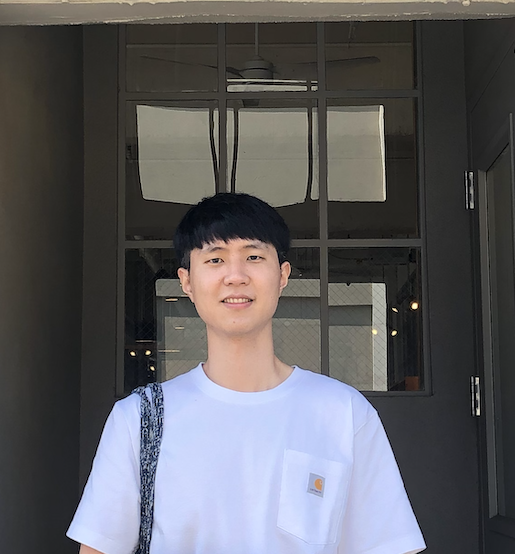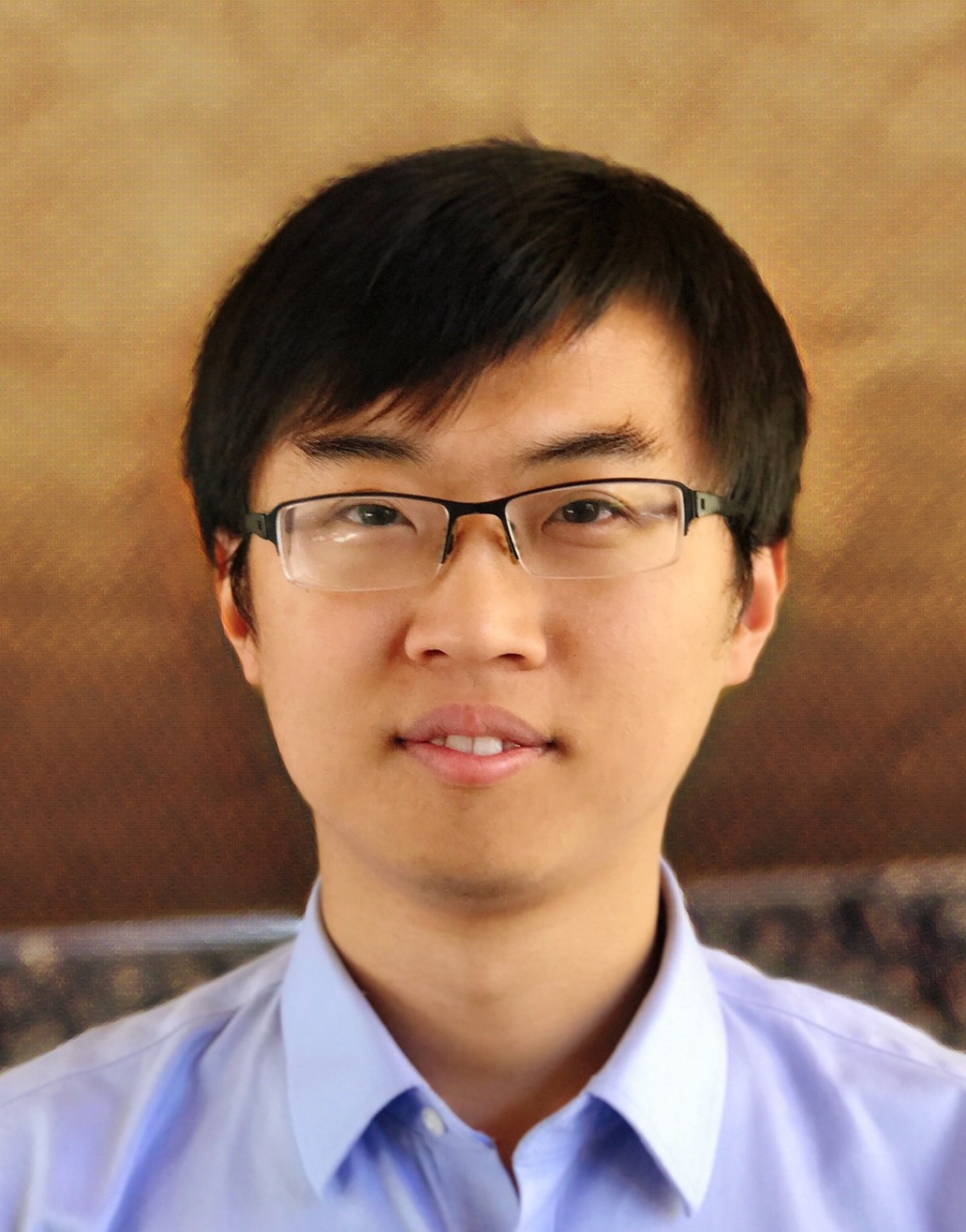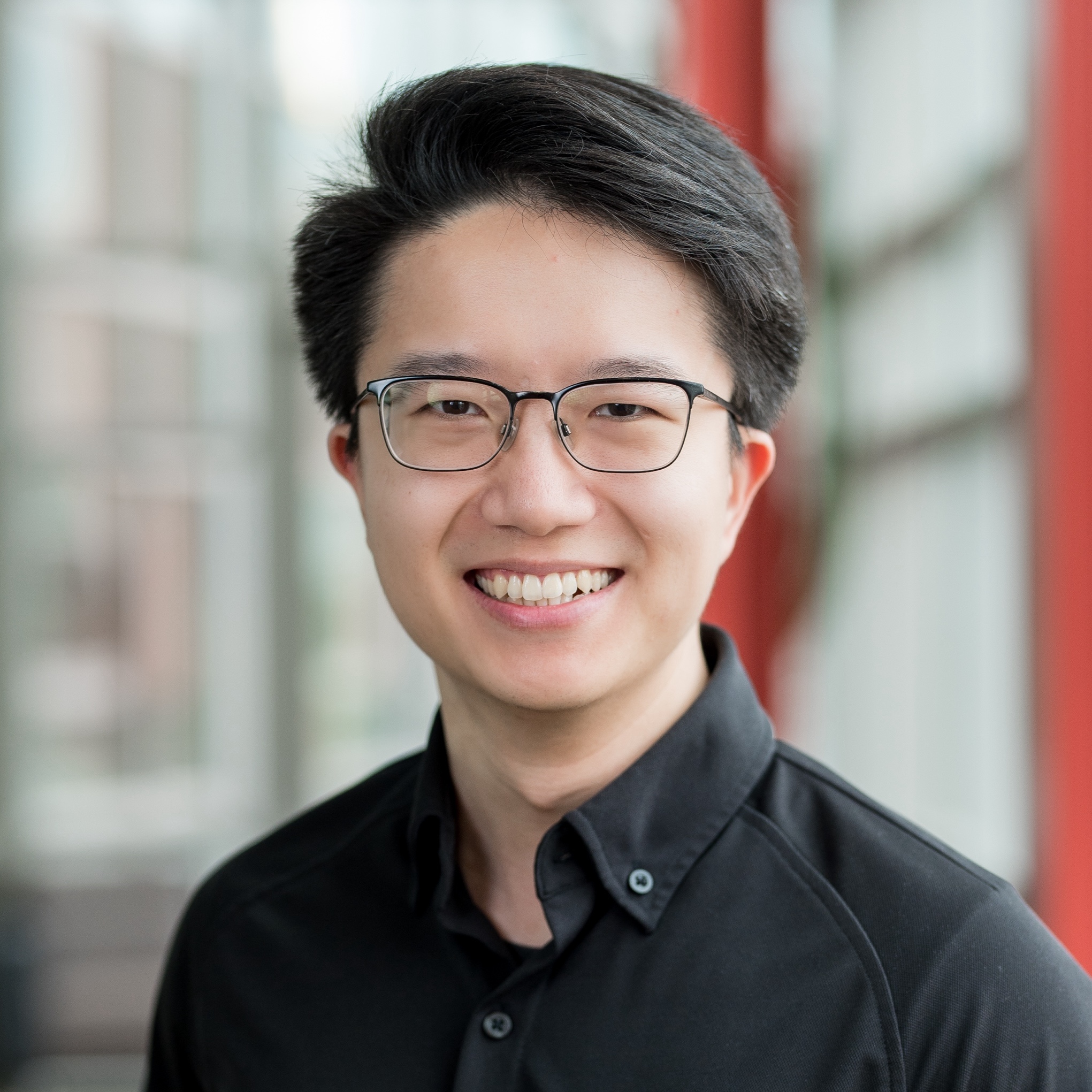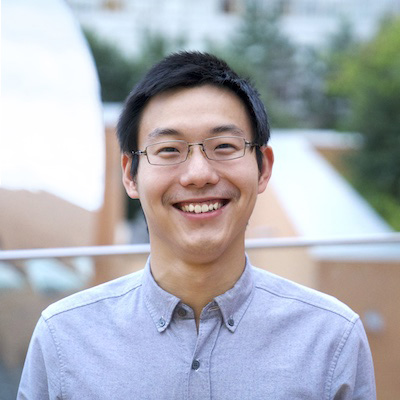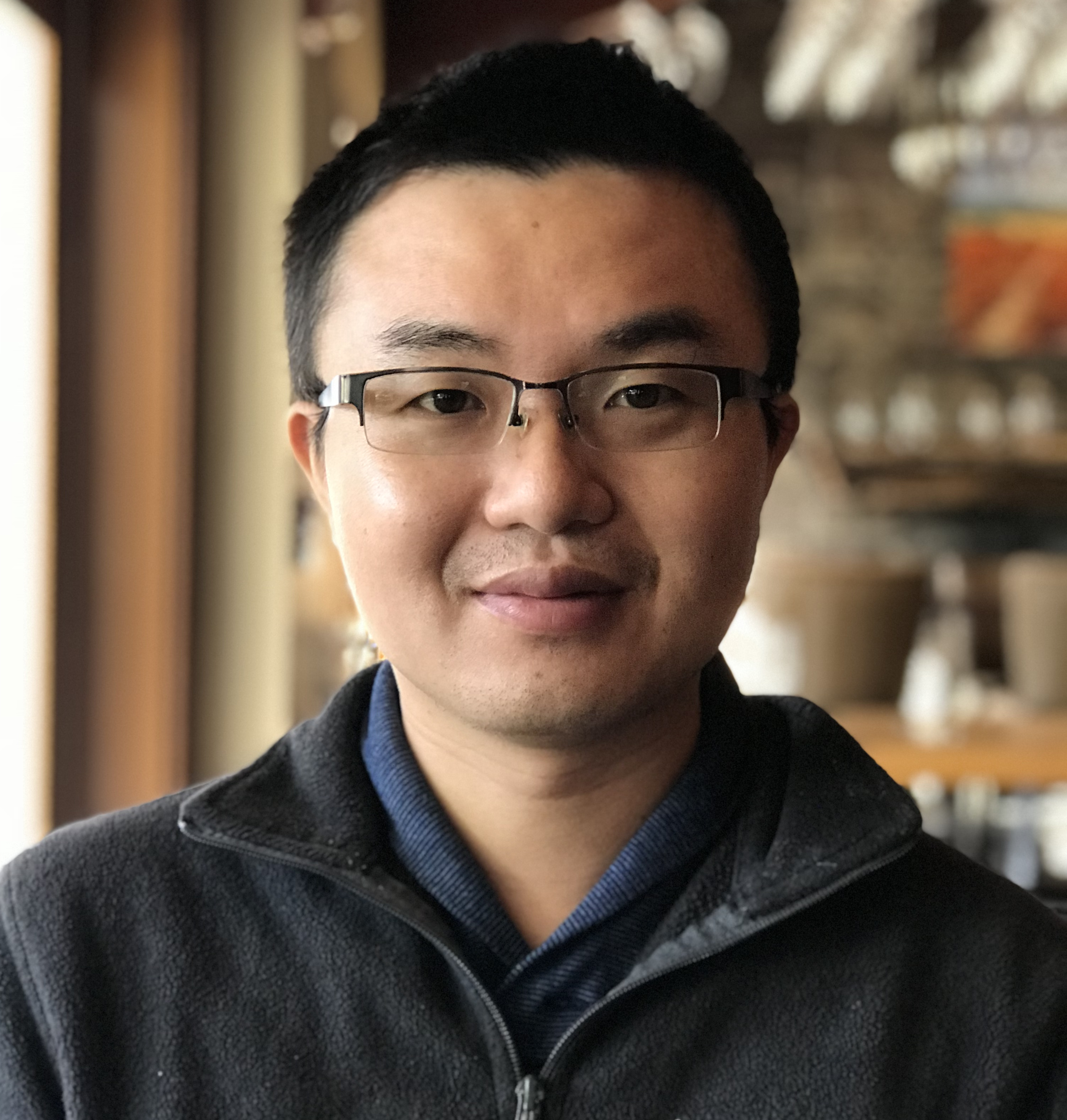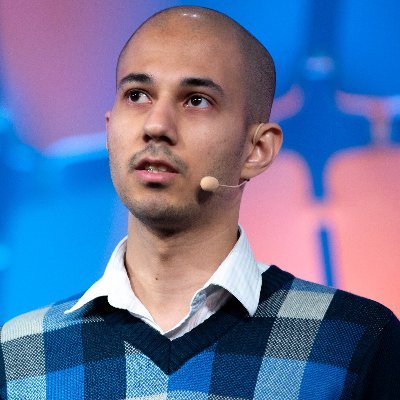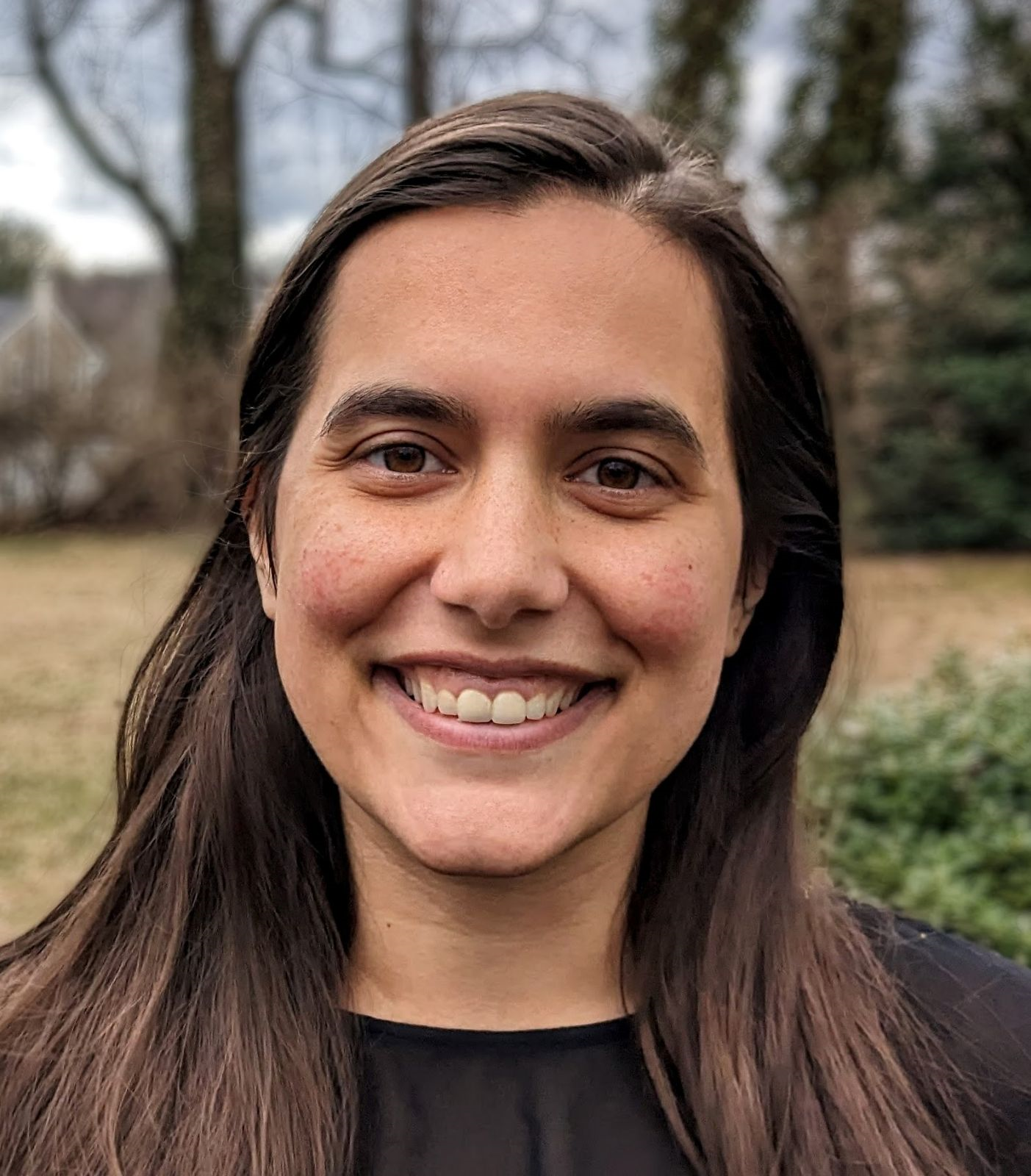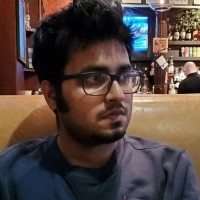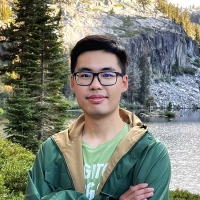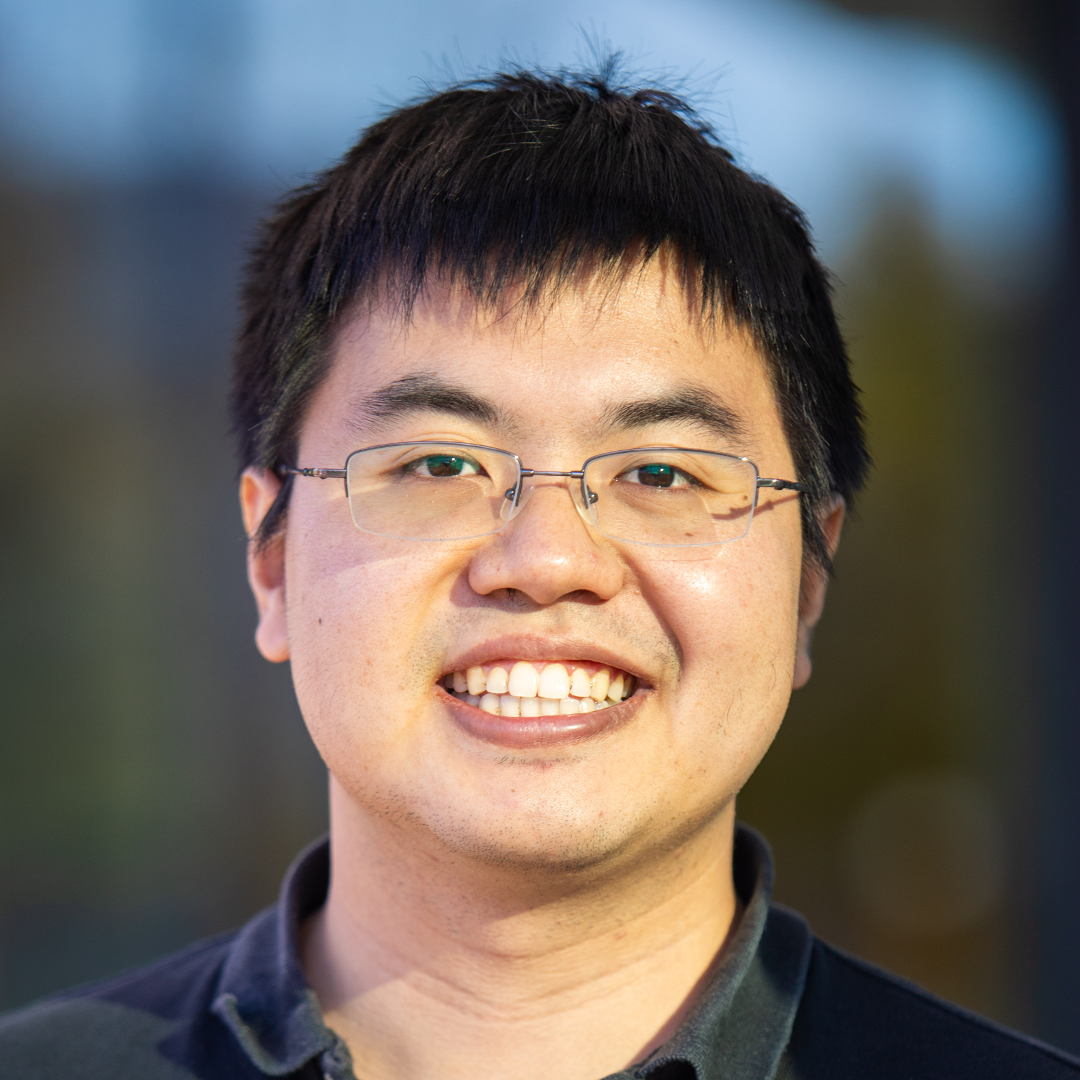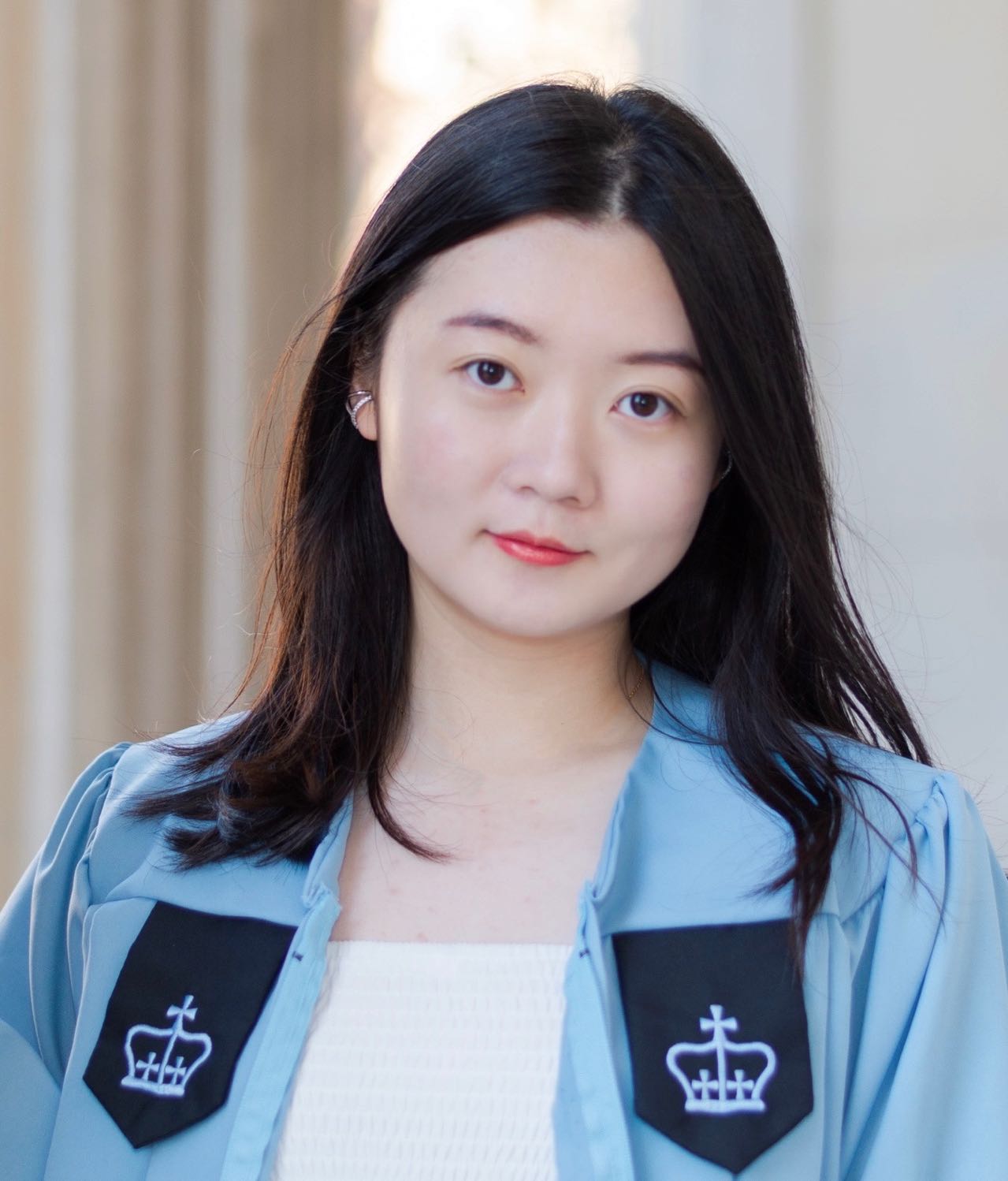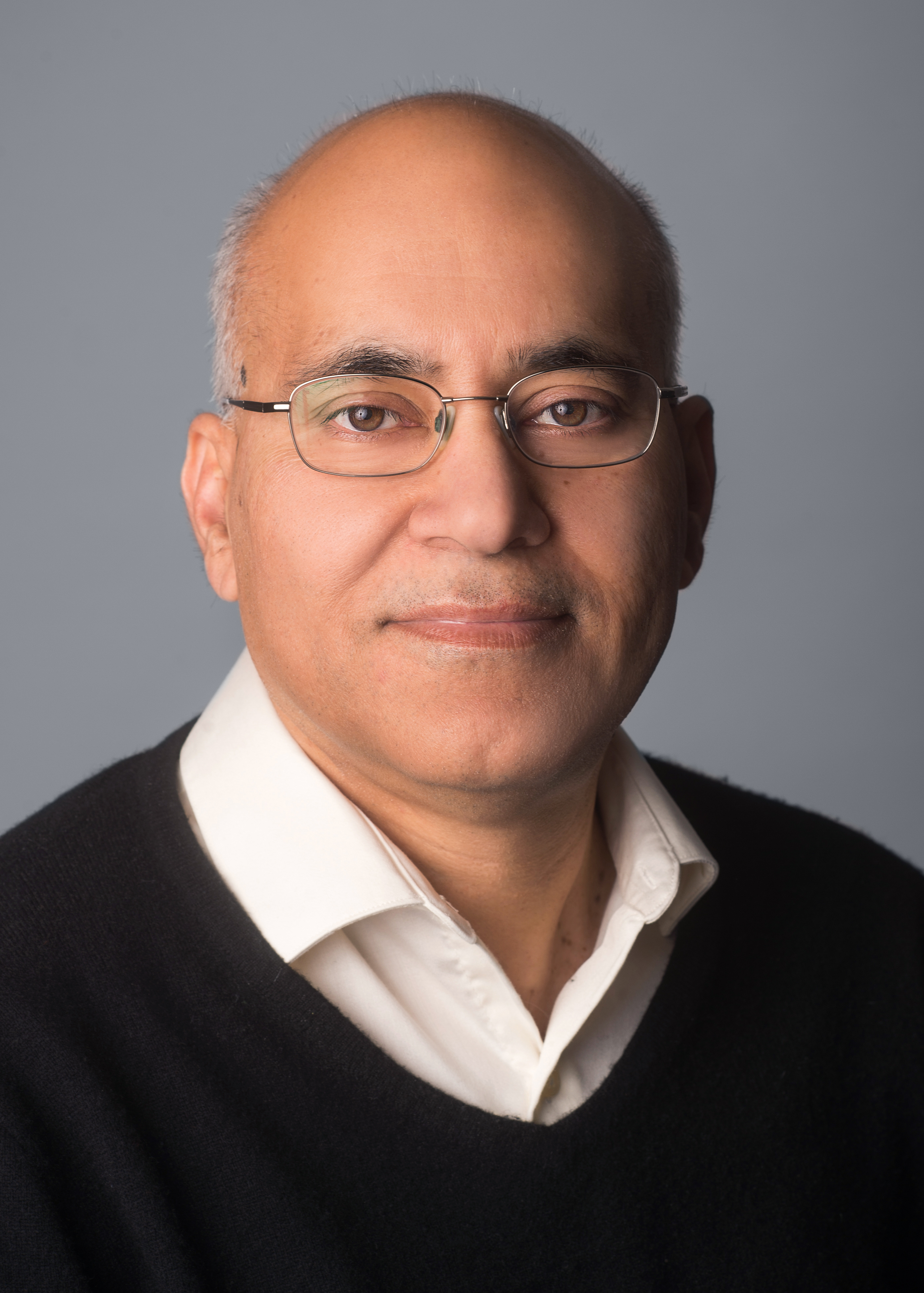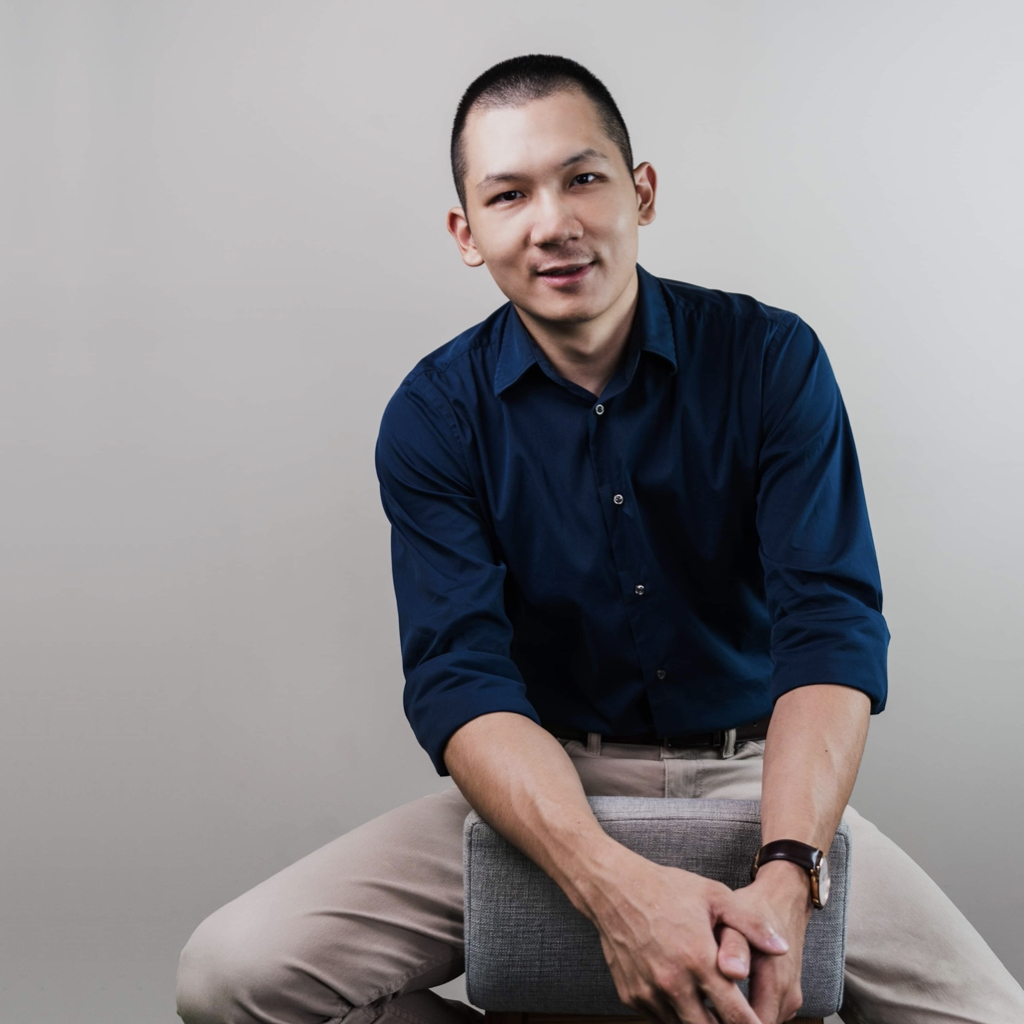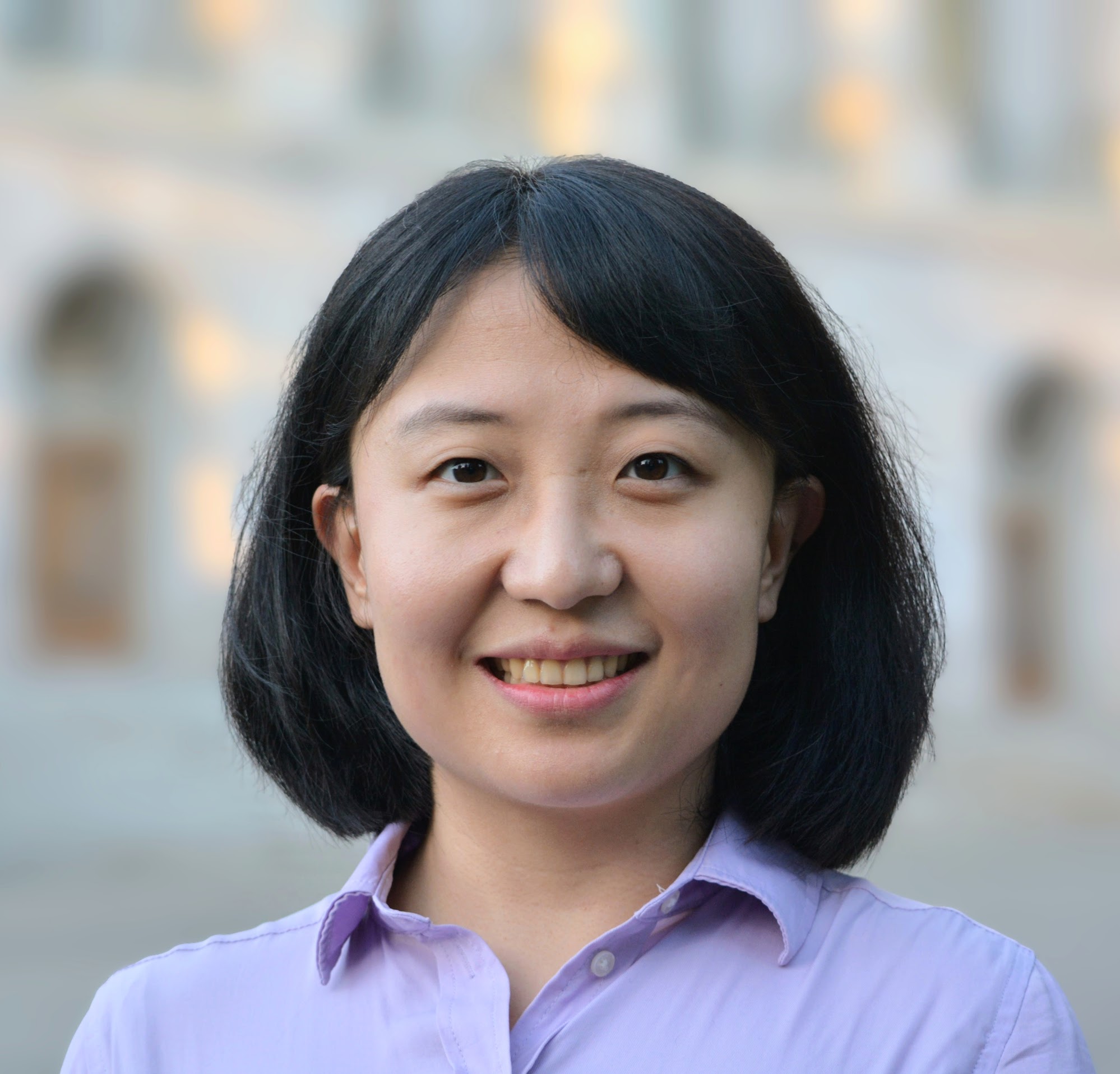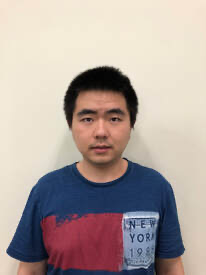- 09:30 - 10:00 Invited Talk 1 - Ming-Yu Liu
- 10:00 - 10:30 Invited Talk 2 - Bernadette Bucher
- 10:30 - 11:00 Coffee Break
- 11:00 - 11:30 Invited Talk 3 - Agrim Gupta (remote)
- 11:30 - 12:00 Invited Talk 4 - Hang Zhao
- 12:00 - 12:30 Poster Session
- 12:30 - 13:30 Lunch Break
- 13:30 - 14:00 Invited Talk 5 - Yunzhu Li
- 14:00 - 14:30 Invited Talk 6 - Kimin Lee
- 14:30 - 15:00 Invited Talks 7 - Hao Su (remote)
- 15:00 - 15:30 Coffee Break
- 15:30 - 16:00 Invited Talks 8 - Jiajun Wu
- 16:00 - 16:30 Debate Session (Panel)
Overview
"World Model" – a model of how a world evolves in response to agents' actions – has been long explored by robotics practitioners. Various perspectives of world modeling have been studied through the lenses of model-based optimal control, reinforcement learning, controllable video generation, dynamic 3D reconstructions, and so on. And it creates significant impacts on the recent development of dexterous manipulation, locomotion, and long-horizon navigation. In particular, powered by large data, the recent advances in the generality and precision of learning-based world models – video generation models and differentiable simulators – show tremendous opportunities in transforming robot learning and optimal control.
The goal of this workshop is to create a space for the robot community to discuss different perspectives of world modeling, as well as the growing impact on robotics. The full-day workshop will bring together researchers and practitioners in robot learning, physics-based modeling, video generation and machine learning to explore the intersection of world modeling and robotic systems. We aim to create a mixture of traditional physics-based approaches and modern learning-based methods, with a focus on building more robust and generalizable robotic systems.
We will focus on several key challenges:
- How can we build world models that capture both visual and physical understanding?
- How can we leverage large-scale pre-trained models for robotics applications?
- How can we combine learning-based approaches with physics-based priors?
- How can we evaluate and benchmark world models for robotics tasks?
Topics of Interest
Our workshop will focus on topics including but not limited to the
following:
- Model-Based Optimal Control and Reinforcement Learning. How can we leverage world models for planning and control in robotics tasks? What are the challenges in learning dynamics models for complex robotic systems?
- Learning-Based World Models and Differentiable Simulation. How can we build differentiable simulators that capture real-world physics? What are the trade-offs between physics-based and learning-based approaches?
- Controllable Video Generation and Visual Prediction. How can we generate physically plausible video predictions for robotic tasks? How can we ensure temporal consistency and physical realism in generated sequences?
- Large-Scale Pre-training and Transfer Learning. How can we leverage large-scale pre-trained models for robotics applications? What are effective strategies for fine-tuning and adapting these models?
- Evaluation and Benchmarking. How should we evaluate the quality and usefulness of world models? What metrics and benchmarks are most relevant for robotics applications?
Call for Papers
We invite submissions of original research papers related to building world models for robotics.
Submission Types:
- Short Papers / Extended Abstracts (max 3 pages) - For preliminary results, interesting applications, or novel ideas that did not pan out in practice. The top three short papers will be invited for a spotlight talk.
- Full Papers (max 8 pages) - For original research contributions. Three award candidates will be selected for spotlight talks.
Submission Information:
- Submit your paper via OpenReview.
- Papers are non-archival - we welcome submissions that have been submitted to or accepted by other venues.
- All submissions are anonymous.
- All accepted papers will be presented in a poster session
Important Dates:
- Submission Deadline: July 13, 2025
- Notification of Acceptance: August 5, 2025
- Camera ready submission: September 20, 2025
